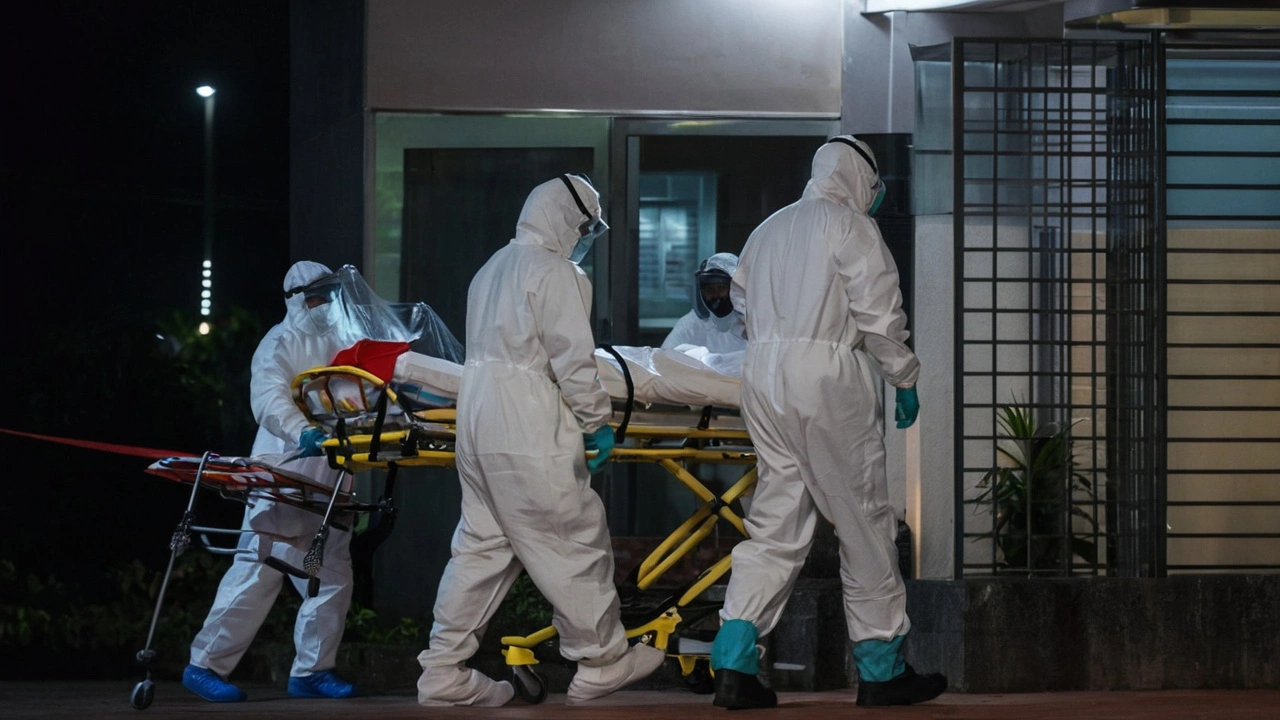Epidemic – What Every Urban Farmer in Africa Should Know
When a disease spreads, most people think of hospitals and travel bans. But an epidemic can also ruin a rooftop garden or a community plot overnight. If you grow veggies in Nairobi, Lagos, or Johannesburg, you need to understand how health crises affect soil, water, and labor. This page pulls the most useful info together so you can keep planting, even when a virus is making headlines.
How Epidemics Hit Urban Farms
First, outbreaks tend to disrupt supply chains. A sudden lockdown can stop fertilizer deliveries, freeze market prices, and make it harder to get fresh seeds. Second, the disease itself can affect crops. Some viruses jump from humans to plants, while others spread through insects that thrive in crowded city environments. Third, workers may fall ill or avoid the farm out of fear, leaving you short‑handed during critical planting or harvesting windows.
Take the recent cholera surge in West Africa. The city’s water system got contaminated, and many communal irrigation schemes had to shut down. Farmers who relied on that water saw wilting lettuce and lost income. In another case, a COVID‑19 wave forced city officials to ban night markets, cutting off a major sales outlet for small growers. These examples show that an epidemic can hit farms from the outside (logistics) and the inside (plant health).
Building Resilience: Tips for Farmers
So what can you do? Start with a backup water plan. Store rainwater in barrels, or negotiate access to a secondary well that isn’t linked to the municipal grid. Having a few extra liters can keep your drip lines running when the main supply stops.
Second, diversify your crops. If one species gets hit by a virus, the others can still bring in cash. Mix leafy greens, root veggies, and fruit‑bearing plants. That way a pest that loves tomatoes won’t wipe out your whole plot.
Third, keep a small stockpile of essential inputs – seeds, organic fertilizer, and basic pest‑control tools. Even a two‑week reserve can buy you time while deliveries sort themselves out.
Lastly, stay linked to local extension services and health officials. They often release alerts about disease hotspots, safe irrigation practices, and new subsidies for affected growers. Signing up for a SMS feed or joining a farmer’s WhatsApp group can give you the fastest updates.
Remember, an epidemic doesn’t have to mean the end of your garden. By planning for water loss, diversifying crops, keeping a buffer stock, and staying informed, you can protect your harvest and keep feeding your community. Keep checking this tag page for the latest news, case studies, and practical guides that help urban farms survive any health crisis.






